The Michigan cottage food law permits the sale of baked goods and other non-hazardous foods directly to consumers, with annual sales limits in place. To succeed, it’s essential to understand the requirements and benefits of operating under these laws.
By following the guidelines set by the Michigan Department of Agriculture and Rural Development, you can establish a successful micro bakery and capitalize on the growing demand for artisanal baked goods.
Key Takeaways
- Understand the Michigan cottage food law and its requirements.
- Learn about the annual sales limits for cottage food businesses.
- Discover the benefits of operating a micro bakery from your home kitchen.
- Find out how to comply with the regulations set by the Michigan Department of Agriculture and Rural Development.
- Capitalize on the growing demand for artisanal baked goods.
Overview of Cottage Food Laws Michigan
Understanding Michigan’s cottage food laws is crucial for anyone looking to start a micro bakery or other small food business. These laws are designed to allow individuals to produce and sell certain foods from their home kitchens without the need for a commercial license.
What Qualifies as a Cottage Food Business
A cottage food business in Michigan is defined as a business that operates from a home kitchen, producing non-potentially hazardous foods. These are foods that are not considered a high risk for foodborne illness, such as baked goods, jams, and candies.
Annual Sales Limits ($25,000)
Michigan’s cottage food law imposes an annual sales limit of $25,000 on cottage food businesses. Gross sales from all cottage food products combined cannot exceed this threshold.
Where You Can Legally Sell Products
Cottage food businesses are allowed to sell their products directly to consumers through various channels, including farmers’ markets and roadside stands. The Michigan Department of Agriculture oversees these sales, ensuring compliance with state regulations.
By understanding and adhering to these regulations, entrepreneurs can successfully operate a cottage food business in Michigan, capitalizing on the state’s supportive environment for small food businesses.
Qualifying Baked Goods and Products
To operate a micro bakery in Michigan, it’s essential to know which baked goods qualify as non-potentially hazardous foods. These are foods that are safe to be stored and sold at room temperature, reducing the need for complex storage and handling procedures.
Non-Potentially Hazardous Foods Explained
Non-potentially hazardous foods are those that are less likely to cause foodborne illness due to their low moisture content and acidity level. Examples include baked goods like bread, cookies, and cakes that do not require refrigeration.
Approved Baked Items for Your Micro Bakery
Under Michigan’s cottage food laws, you can produce a variety of baked goods. Here are some specifics:
Breads and Pastries
You can bake and sell various types of bread and pastries, such as:
- Loaves of bread
- Croissants
- Danish pastries
- Muffins
Cookies and Cakes
Cookies and cakes are also permissible, including:
- Sugar cookies
- Gingerbread cookies
- Layer cakes
- Cupcakes
Here’s a summary of approved baked goods in a tabular format:
| Category | Examples |
|---|---|
| Breads | Loaves, baguettes, ciabatta |
| Pastries | Croissants, danish, muffins |
| Cookies | Sugar cookies, gingerbread, snickerdoodles |
| Cakes | Layer cakes, cupcakes, pound cakes |

Products That Require a License
It’s crucial to understand that certain baked goods are considered potentially hazardous foods and require a license to produce and sell. These include items that need refrigeration, such as custards, cream pies, and certain types of cakes with dairy-based frostings.
To ensure compliance with Michigan’s cottage food laws, it’s recommended to check with local health authorities for the most current regulations and to understand the requirements for obtaining a food license if you wish to expand your product line beyond non-potentially hazardous foods.
Setting Up Your Home Kitchen
To start a micro bakery, you’ll need to transform your home kitchen into a safe and efficient baking environment. This involves investing in essential equipment, adopting rigorous food safety practices, and implementing effective storage and ingredient management systems.
Essential Equipment for a Micro Bakery
Equipping your home kitchen with the right tools is crucial for producing high-quality baked goods. Essential equipment includes:
- Mixers: Stand mixers for heavy-duty mixing and handheld mixers for smaller tasks.
- Ovens: A reliable oven that can maintain consistent temperatures.
- Baking Sheets and Pans: Durable, non-stick baking sheets and pans for even baking.
Food Safety Practices
Maintaining a clean and safe environment is paramount. This includes:
- Regular Cleaning: Daily cleaning of equipment and surfaces.
- Proper Food Handling: Safe handling practices to prevent cross-contamination.
- Waste Management: Regular disposal of waste to maintain a clean environment.
Storage and Ingredient Management
Effective storage and ingredient management are critical for efficiency and quality. This involves:
Sourcing Quality Ingredients
Sourcing high-quality ingredients ensures that your baked goods are not only delicious but also safe for consumption. Consider local suppliers for freshness and reliability.
Inventory Tracking Systems
Implementing an inventory tracking system helps you manage your ingredients effectively, reducing waste and ensuring that you have a steady supply of necessary items.
| Ingredient | Source | Storage Method |
|---|---|---|
| Flour | Local Mill | Cool, dry place |
| Sugar | Regional Distributor | Airtight containers |
| Butter | Local Dairy | Refrigerated |
“The key to a successful micro bakery is not just the quality of your ingredients, but also how well you manage your kitchen environment.”
A seasoned baker
Legal Requirements and Documentation
To start a micro bakery under Michigan’s Cottage Food Laws, it’s essential to comply with various legal requirements. Understanding these regulations is crucial for the smooth operation of your business and to avoid any potential legal issues.
Proper Labeling Requirements
One of the critical aspects of operating a cottage food business is adhering to labeling requirements. Proper labeling not only helps in complying with Michigan’s Cottage Food Laws but also builds trust with your customers by providing them with necessary information about the products.
Required Label Information
The label on your cottage food products must include certain information. This typically encompasses:
- The name of the product
- A list of ingredients
- Your business name and address
- The statement “Made in a Cottage Food Operation that is Not Inspected by the Michigan Department of Agriculture”
- Any relevant allergen warnings
Allergen Warnings
Allergen warnings are crucial for informing customers about potential allergens in your products. Michigan law requires that you clearly indicate if your product contains common allergens such as nuts, dairy, or soy. This not only helps protect your customers but also shields your business from potential liability.

Business Registration Steps
Before you can start selling your baked goods, you need to register your business with the appropriate authorities. This involves:
- Obtaining any necessary licenses or permits
- Registering your business name
- Notifying the Michigan Department of Agriculture about your cottage food operation
Insurance Considerations
While not always mandatory, considering insurance for your cottage food business is a prudent step. Insurance can protect your business in case of unforeseen circumstances such as product liability or business interruption.
Tax Obligations for Cottage Food Businesses
Understanding your tax obligations is vital for the financial health of your business. As a cottage food business owner, you are required to report your income and may need to collect sales tax, depending on your sales volume and the nature of your products.
By carefully attending to these legal requirements and maintaining proper documentation, you can ensure that your micro bakery operates within the bounds of Michigan’s Cottage Food Laws, setting a solid foundation for a successful business.
Marketing and Selling Your Micro Bakery Products
A well-planned marketing strategy can make all the difference in the success of your micro bakery. Effective marketing helps you reach new customers, retain existing ones, and ultimately drive sales.
Farmers Markets and Community Events
Participating in farmers markets and community events is an excellent way to showcase your baked goods. These venues provide an opportunity to connect directly with potential customers, gather feedback, and build a loyal customer base.
To make the most of these events, ensure your products are attractively presented, and consider offering samples to entice passersby. Engaging with customers, sharing the story behind your micro bakery, and collecting contact information for future promotions can also enhance your market presence.
Direct Sales Strategies
In addition to farmers’ markets, direct sales strategies can help you reach customers directly. This can include selling through your own website, using social media platforms, or participating in local food delivery services.
Building an email list and sending out regular newsletters with updates, promotions, and new product releases can keep your customers engaged and encourage repeat business.
Pricing Your Baked Goods
Pricing your products correctly is crucial for profitability. Consider the cost of ingredients, time, and other expenses when setting prices. Researching your competition and understanding what customers are willing to pay can also guide your pricing strategy.
| Product | Cost | Price | Profit |
|---|---|---|---|
| Cupcake | $0.50 | $3.00 | $2.50 |
| Cookie | $0.25 | $2.00 | $1.75 |
| Cake (per slice) | $1.00 | $4.00 | $3.00 |
Building a Brand Identity
Creating a strong brand identity helps differentiate your micro bakery from competitors. This includes developing a unique logo, packaging, and overall visual aesthetic that reflects your brand’s values and personality.
Social Media Presence
Establishing a presence on social media platforms like Instagram and Facebook can significantly boost your visibility. Share high-quality photos of your products, engage with your followers, and use relevant hashtags to attract new customers.
Photography Tips for Baked Goods
Good photography is essential for showcasing your products in the best light. Use natural light, clean backgrounds, and consider styling your shots with props that complement your baked goods. High-quality photos can make a significant difference in how your products are perceived online.
Conclusion: Scaling Your Michigan Micro Bakery
As you establish your micro bakery under Michigan’s cottage food law, you may find opportunities to scale your business. With a solid foundation in place, you can explore new markets and expand your product offerings.
Growing a business requires careful planning, but Michigan’s cottage food laws provide a flexible framework for entrepreneurs. You can leverage farmers’ markets, online sales platforms, and local events to increase your customer base and drive revenue.
To successfully scale your micro bakery, focus on maintaining high-quality products, enhancing your brand identity, and adapting to changing consumer demands. By doing so, you’ll be well-positioned to capitalize on new opportunities and achieve long-term success under the cottage food law.
FAQ
What is Michigan’s Cottage Food Law?
Michigan’s Cottage Food Law allows individuals to operate a cottage food business from their home kitchen, selling non-potentially hazardous foods directly to consumers without a license, as long as annual sales do not exceed $25,000.
What qualifies as a cottage food business in Michigan?
A cottage food business in Michigan is a business operated from a home kitchen, selling non-potentially hazardous foods, such as baked goods, jams, and dehydrated vegetables, directly to consumers.
What are non-potentially hazardous foods?
Non-potentially hazardous foods are foods that do not require refrigeration and are not considered a risk for foodborne illness, such as baked goods, candies, and dry herbs.
Where can I sell my cottage food products?
You can sell your cottage food products directly to consumers at venues such as farmers’ markets, roadside stands, and online, as long as you follow Michigan’s Cottage Food Law regulations.
Do I need a license to operate a cottage food business in Michigan?
No, you do not need a license to operate a cottage food business in Michigan, as long as your annual sales do not exceed $25,000 and you follow the state’s Cottage Food Law regulations.
What are the labeling requirements for cottage food products?
Cottage food products must be properly labeled with the product name, ingredients, and your business name and address, as well as any allergen warnings.
Can I sell potentially hazardous foods under Michigan’s Cottage Food Law?
No, you cannot sell potentially hazardous foods, such as foods that require refrigeration, under Michigan’s Cottage Food Law.
How do I register my cottage food business in Michigan?
You should register your cottage food business with the Michigan Department of Agriculture and Rural Development, although a license is not required under the Cottage Food Law.
What are the tax obligations for cottage food businesses in Michigan?
As a cottage food business owner, you are required to report your income and pay taxes on your earnings, and you may need to obtain any necessary tax permits or licenses.
Can I sell my cottage food products to retail stores?
No, under Michigan’s Cottage Food Law, you can only sell your products directly to consumers, not to retail stores.
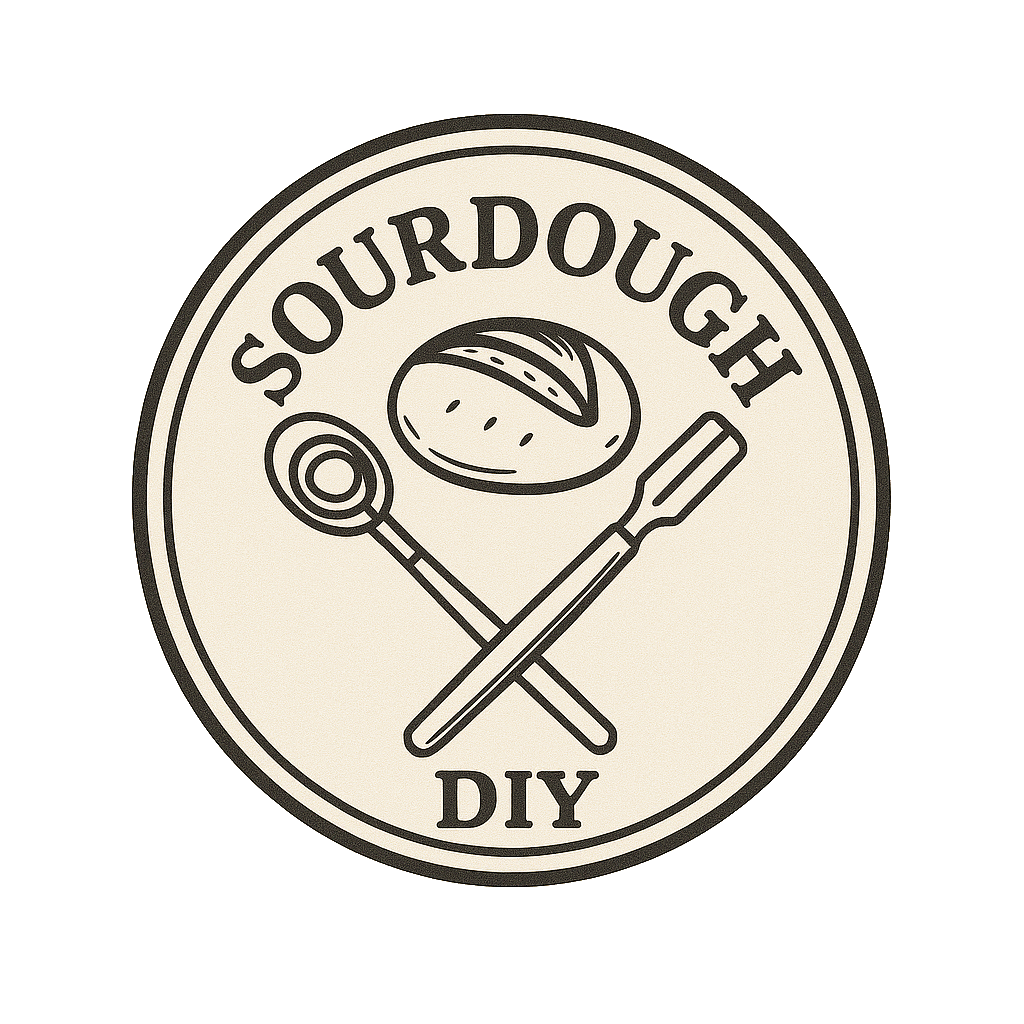
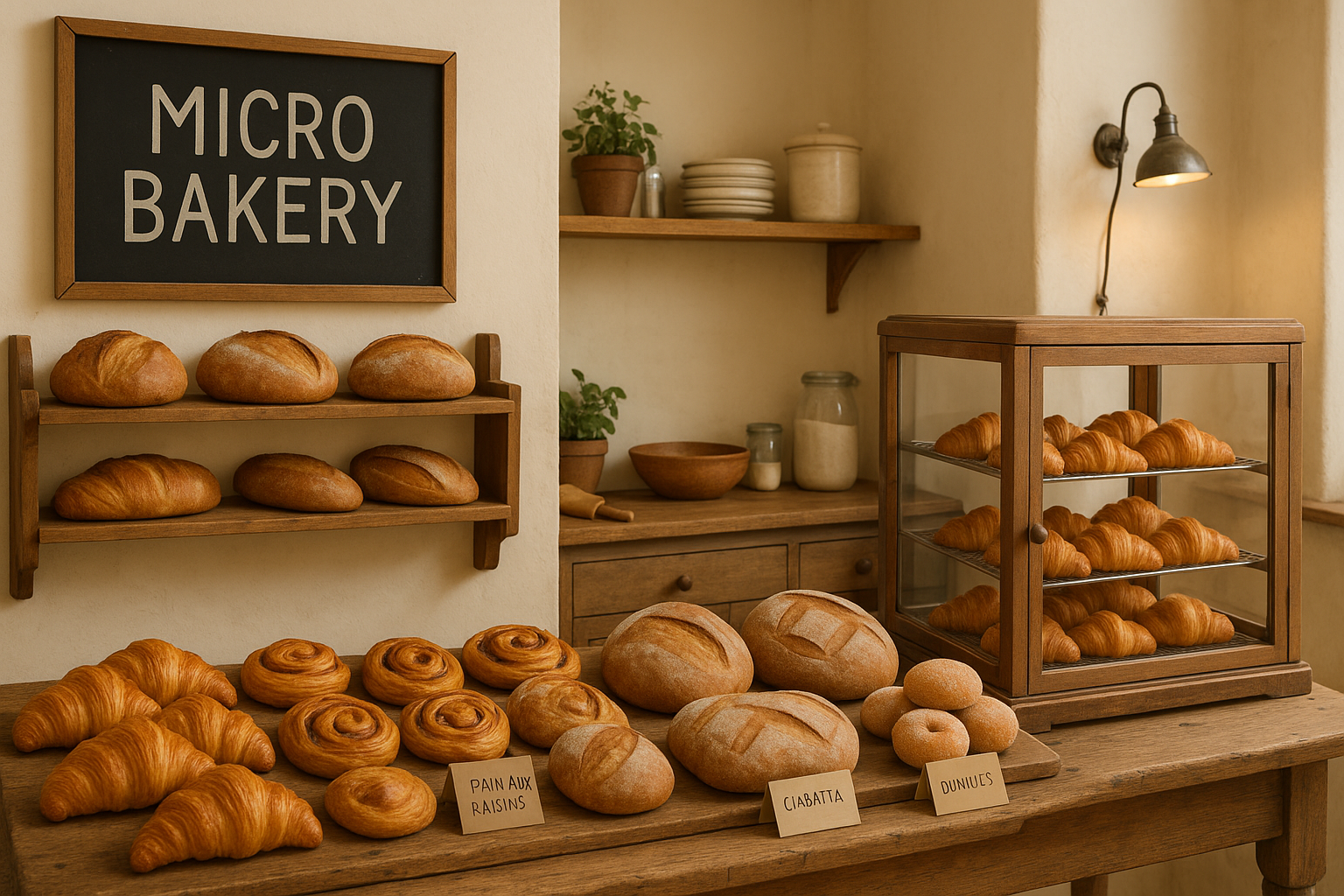
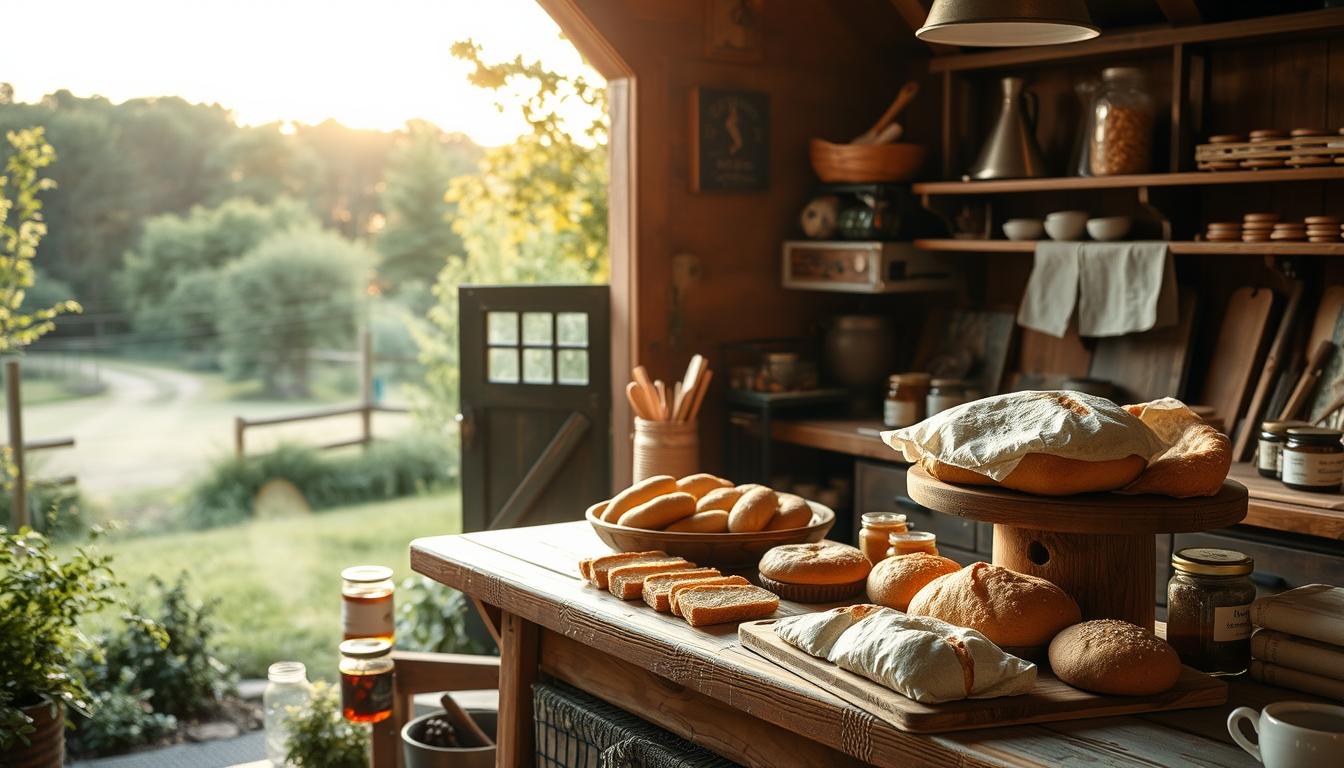
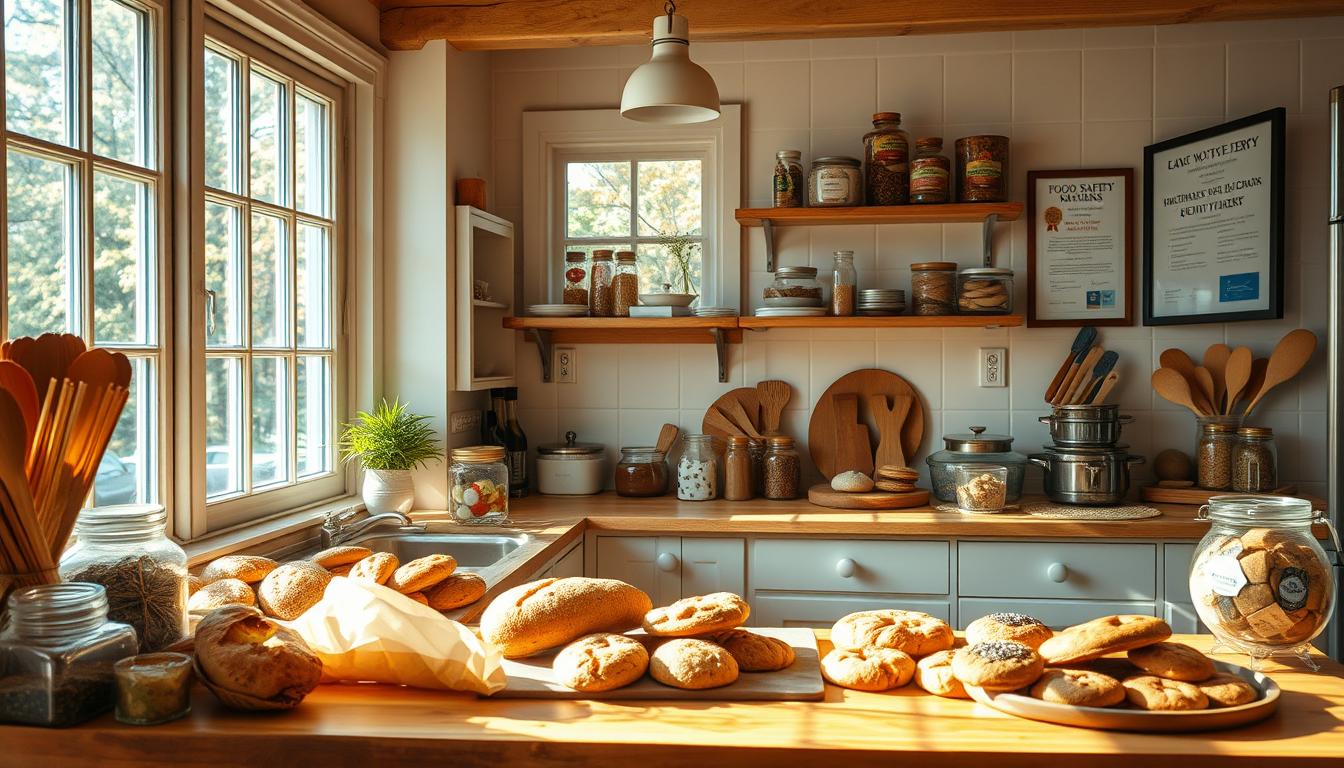
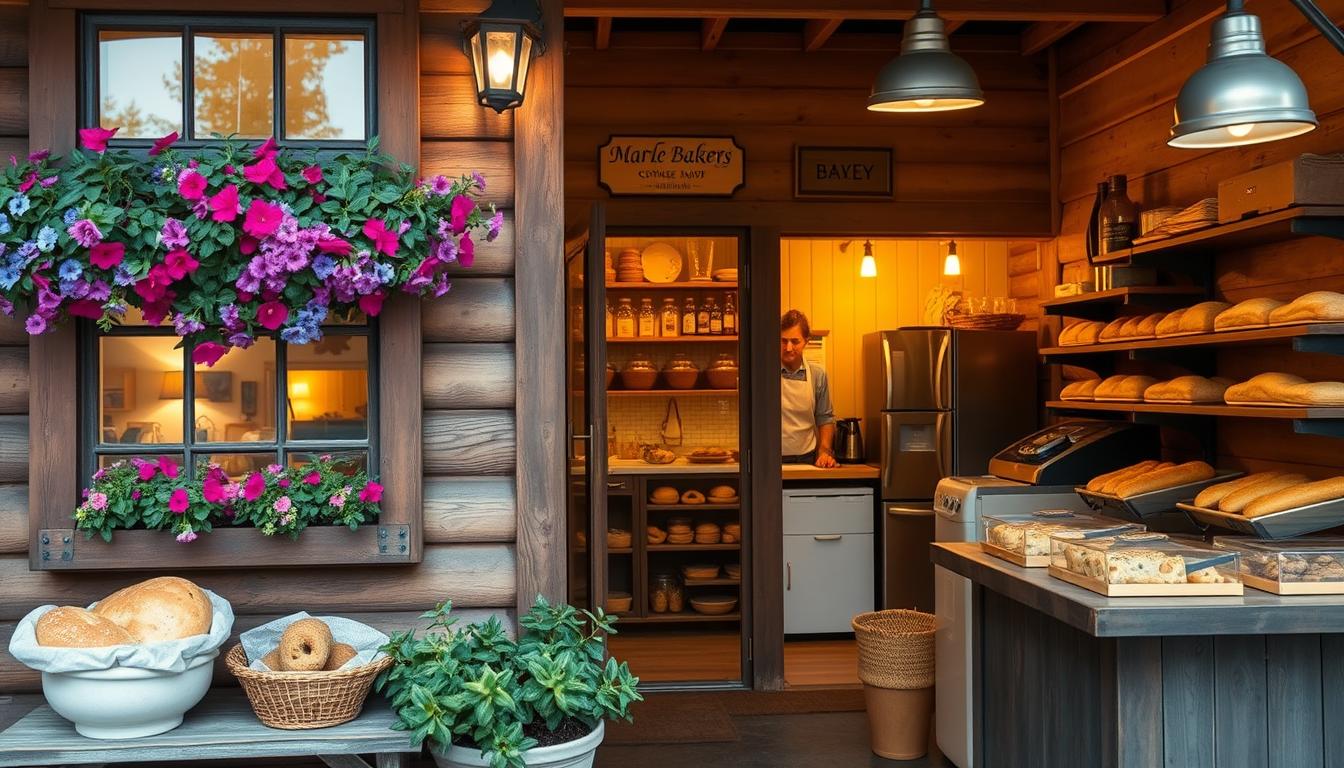
Leave a Reply